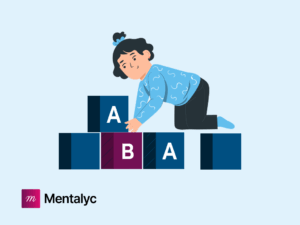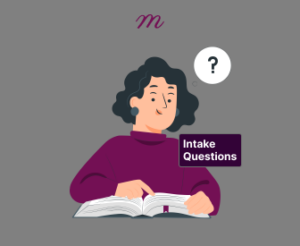As a therapist, you know that documentation is an essential part of your job. Not only do you need to keep track of your client’s progress, but you also need to make sure that your documentation is compliant with payer and insurance requirements.
Unfortunately, this can be easier said than done. It can be a challenge to keep track of all the different requirements and even harder to make sure that your documentation meets them all.
Here are a few tips to help you write payer and insurance-compliant psychotherapy notes:
Know the requirements.
Before you can start writing compliant notes, you need to know what the requirements are. Each payer and insurance company has its own set of rules, so you must know what they are before you start writing.
Take the time to review the requirements for each payer and insurance company that you work with. This will help you make sure that you’re including all the information that they need.
Use a template.
Once you know the requirements, it can be helpful to create a template that you can use for all of your notes. This will help you save time and make sure that you’re including all the necessary information.
Your template doesn’t have to be complicated. Just make sure that it includes all of the required information for each payer and the insurance company.
Be specific.
When you’re documenting your sessions, it’s important to be as specific as possible. This will help the payer or insurance company understand what happened during the session and why you did what you did.
Avoid using generalities or vague language. Be specific about what happened, what was said, and what you did. The more specific you are, the easier it will be for the payer or insurance company to understand your documentation.
Use objective language
When documenting your clients’ progress, it’s important to use objective language. This means avoiding terms that could be interpreted as making a diagnosis, such as “depressed” or “anxious.”
Instead, focus on describing the symptoms your clients are experiencing and how they are affecting their lives. For example, you might write that a client is “experiencing low energy levels and having difficulty concentrating at work.”
Use the correct codes
Payers and insurance companies often require the use of specific codes when billing for services. These codes help them understand what services were provided and how they should be reimbursed.
Make sure that you’re using the correct codes for each payer and insurance company. This will help them process your claims quickly and accurately.
Keep it up to date
Your documentation should always be up-to-date. Payers and insurance companies often have deadlines for receiving claims, so it’s important that you submit your documentation promptly.
If you’re using a practice management system, make sure that you’re regularly entering your notes and keeping them up-to-date. This will help you avoid any delays in reimbursement.
Writing compliant psychotherapy notes doesn’t have to be complicated. Just make sure that you know the requirements, use a template, and be specific in your documentation. By following these tips, you can make sure that your documentation is compliant with payer and insurance requirements.
With Mentalyc, the most reliable software to use to take your notes, being medicare-compliant is very easy because it’s straightforward to use, saves time, and provides you with the highest quality of notes.
Disclaimer
All examples of mental health documentation are fictional and for informational purposes only.
Why other mental health professionals love Mentalyc

“It’s so quick and easy to do notes now … I used to stay late two hours to finish my notes. Now it’s a breeze.”
Licensed Professional Counselor

“Having Mentalyc take away some of the work from me has allowed me to be more present when I’m in session with clients … it took a lot of pressure off.”
LPC

“By the end of the day, usually by the end of the session, I have my documentation done. I have a thorough, comprehensive note … It’s just saving me hours every week.”
CDCII

“A lot of my clients love the functionality where I can send them a summary of what we addressed during the session, and they find it very helpful and enlightening.”
Therapist







